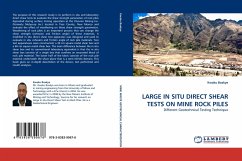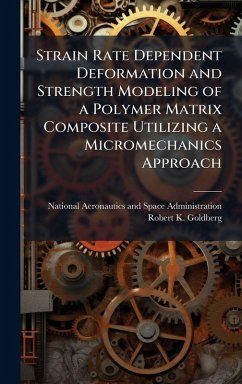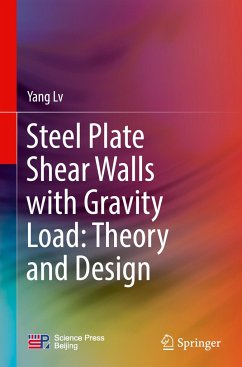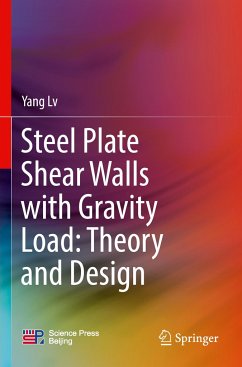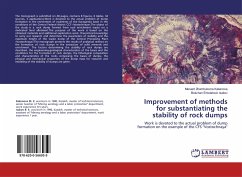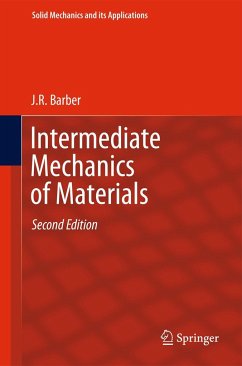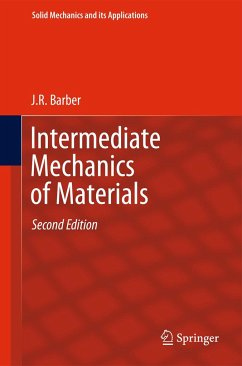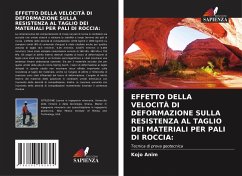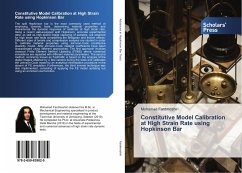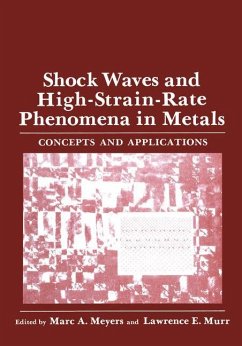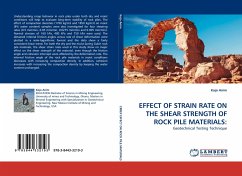
EFFECT OF STRAIN RATE ON THE SHEAR STRENGTH OF ROCK PILE MATERIALS:
Geotechnical Testing Technique
Versandkostenfrei!
Versandfertig in 6-10 Tagen
32,99 €
inkl. MwSt.

PAYBACK Punkte
16 °P sammeln!
Understanding creep behavior in rock piles under both dry and moist conditions will help to evaluate long-term stability of rock piles. The effect of compaction densities (1700 kg/m3 and 1850 kg/m3) on moist (8% water content) samples were also investigated for four shearing rates (0.5 mm/min, 0.05 mm/min, 0.0275 mm/min and 0.005 mm/min). Normal stresses of 160 kPa, 480 kPa and 750 kPa were used. The obtained internal friction angles versus rate of shear deformation were plotted in a semi-logarithmic format and the data show a fairly consistent linear trend. For both the dry and the moist Spri...
Understanding creep behavior in rock piles under both dry and moist conditions will help to evaluate long-term stability of rock piles. The effect of compaction densities (1700 kg/m3 and 1850 kg/m3) on moist (8% water content) samples were also investigated for four shearing rates (0.5 mm/min, 0.05 mm/min, 0.0275 mm/min and 0.005 mm/min). Normal stresses of 160 kPa, 480 kPa and 750 kPa were used. The obtained internal friction angles versus rate of shear deformation were plotted in a semi-logarithmic format and the data show a fairly consistent linear trend. For both the dry and the moist Spring Gulch rock pile materials, the shear strain rates used in this study show no major effect on the shear strength of the material, even though the friction angle and cohesion intercept were affected by the deformation rate. The internal friction angle of the rock pile materials in moist conditions decreases with increasing compaction density. In addition, cohesion increases with increasing the compaction density by keeping the water content unchanged.



